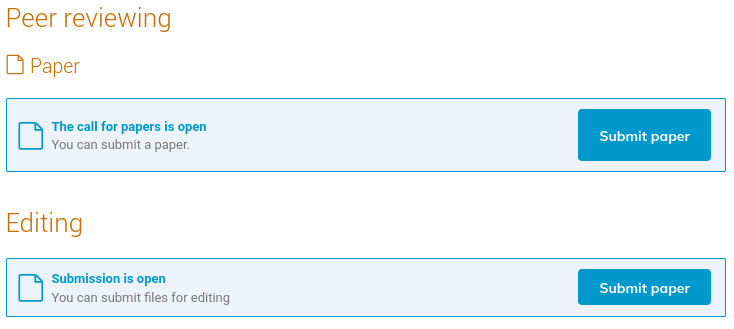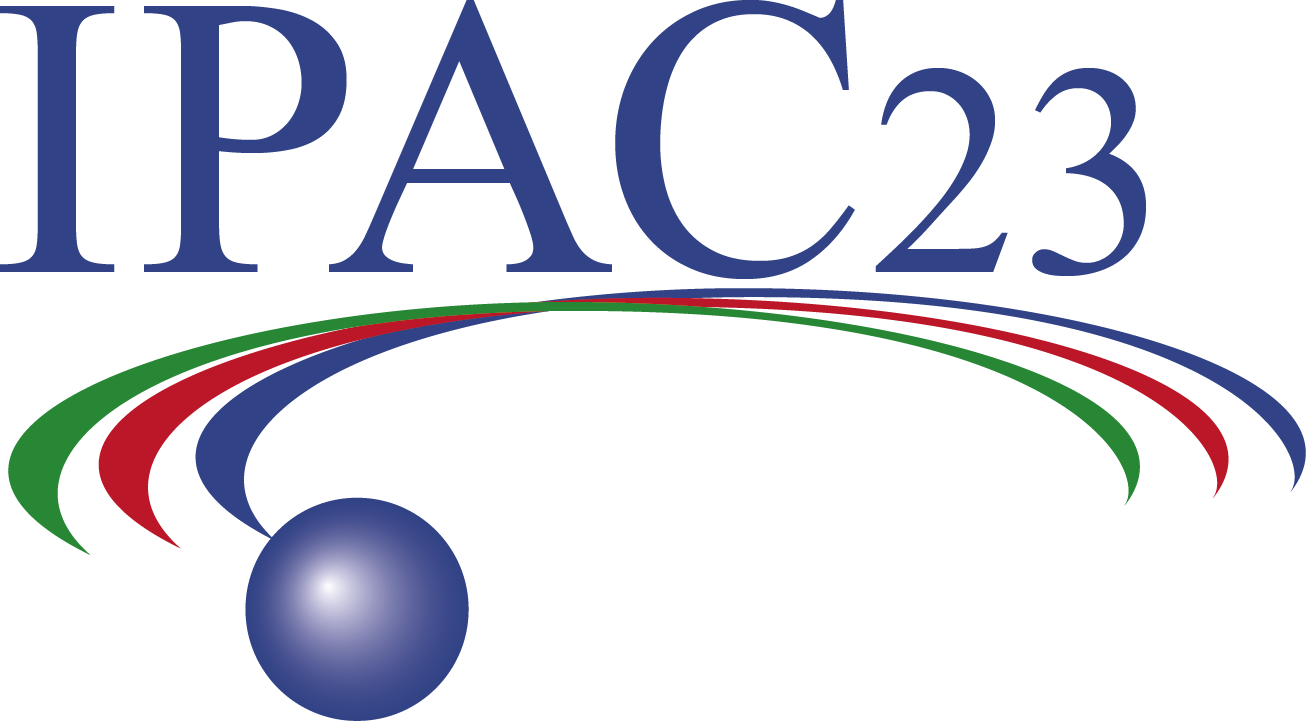Light Peer Review

Peer Review Process
The IPAC’23 Light Peer Review process will offer an intermediate level of publication between a non-refereed IPAC paper published in the JACoW conference proceedings and a refereed journal like PRAB.
Successful peer reviewed papers will be published as part of the Institute of Physics Journal of Physics: Conference Series and therefore visible in the known publication and citation databases. The IoP Proceedings Licence Terms and Conditions can be found here.
Please note that publication in the IoP Conf. Series excludes the possibility of publication in PRAB.
We see the introduction of light peer review as an opportunity to publish papers that do not fulfil all the acceptance criteria of journals by virtue of their limited content – as is inevitable with the three-page limit. Examples of papers that may survive light peer review, but possibly not the rigour of PRAB, could include review papers, technical advancements without novel schemes, incremental design or performance improvements, and similar topics.
The papers submitted to the Peer Reviewed IPAC’23 proceedings will be reviewed by referees selected by the Scientific Publication Board (SPB) among senior participants to the conference. All papers are reviewed by two referees. In the event of disagreement between referees, the SPB shall resolve the case.
Due to limitations on time and number of referees, it cannot be guaranteed that all papers submitted will be reviewed. We expect that up to 300 papers will be processed on a first come, first served basis subject to limitation on the number of reviewers available in each Main Classification.
For IPAC’23 it is no longer necessary to request peer-review at the time of submission of abstracts. The first 300 papers submitted by the peer-review deadline will be peer reviewed.
Authors can also volunteer to be referees at the time of registration by indicating their area of specialisation.
Timeline
- April 1st: Deadline for LPR paper submission.
- April 3rd-5th: Papers sent to referees.
- April 14th: Deadline for 1st round evaluation of papers by referees.
- April 25th: Deadline for paper resubmission (for papers that were neither accepted nor rejected after the 1st round).
- Paper automatically resent to the same referees upon resubmission.
- May 3rd: Deadline for 2nd (and final) evaluation of papers.
Abstract and Paper Submission
Authors wishing to pursue the peer review option must submit their papers by 23:59 CEST of Saturday, April 1 2023 (i.e. five weeks prior to the normal IPAC paper submission deadline).
Papers will then enter the queue for peer review on a first-come, first-served basis – based on the time of paper submission. Due to limitations on time and number of referees, it cannot be guaranteed that all papers submitted will be reviewed.
Please note that to submit a paper for Light Peer Review it is necessary to use the “Submit paper” available under the contribution’s “Peer reviewing – Paper” section:

Please refer to the official IPAC documentation for the detailed steps to follow and submit the paper in the Light Peer Review workflow.
Submission for Review
The same formatting and page limit rules apply as for normal IPAC’23 papers. LaTeX format of source files is recommended.
After the paper submitted for LPR has been accepted (or rejected) the author will need to submit it again for the general JACoW editing and publishing. The “Submit paper” button in the “Editing” section of the above image is to be used at this time.
Submission for IoP Publication
After the review, and possible revision, papers which are successful must be reformatted according to the IoP template. A web link to this template will be provided when a paper has passed the light review. Reformatted papers are then expected to be uploaded within one week after IPAC’23. The correct upload website will be advertised later.
It is strongly recommended that authors submitting for peer review adopt the JACoW LaTeX templates. It will then be a simple matter to reformat just by changing parameters in the LaTeX preamble.
IOP Licence terms and conditions
By submitting the paper to the conference organizer, you, as copyright owner and author/representative of all the authors, grant a worldwide perpetual royalty free exclusive licence to IOP to use the copyright in the paper for the full term of copyright in all ways otherwise restricted by
copyright, including, but not limited to, the right to reproduce, distribute and communicate the paper to the public under the terms of the Creative Commons Attribution (CC BY) licence (version 4.0 or any newer version of the licence) and to make any other use which IOP may choose world-wide, by all means, media and formats, whether known or unknown at the date of submission, to the conference organizer.
This licence does not transfer the copyright in the paper as submitted which therefore remains with the authors or their employer, as appropriate. Authors may not offer the paper to another publisher unless the paper is withdrawn by the author(s) or rejected by IOP.
Once published, the paper may be reused in accordance with the terms of the applicable Creative Commons Attribution (CC BY) licence, including appropriate citation information (for electronic use best efforts must be made to include a link to the online abstract of the paper on IOPscience), a link to the Creative Commons Attribution (CC BY) licence, and indicating if any changes have been made to the original paper.
By granting this licence, the author warrants that the paper they are submitting is their original work, has not been published previously (other than in a research thesis or dissertation which fact has been notified to the conference organizer in writing+), all named authors participated sufficiently in the conception and writing of the paper, have received a final version of the paper, agree to its submission and take responsibility for it, have read and understood IOP’s ethical policy and agree that the submission complies with its terms, and the submission has been approved as necessary by the authorities at the establishment where the research was carried out.
By granting this licence, the author also warrants that they act on behalf of, and with the knowledge of, all authors of the paper, that the paper does not infringe any third party rights, it contains nothing libellous, all factual statements are, to the best of the authors’ knowledge and belief, true or based on valid research conducted according to accepted norms and IOP’s ethical policy, and all required permissions have been obtained.
The IOP Proceedings Licence Notice
The IOP Proceedings Licence Notice will be displayed as:
“Published under licence in Journal of Physics: Conference Series by IOP Publishing Ltd.
![]()
Content from this work may be used under the terms of the Creative Commons Attribution 4.0 licence. Any further distribution of this work must maintain attribution to the author(s) and the title of the work, journal citation and DOI.”






